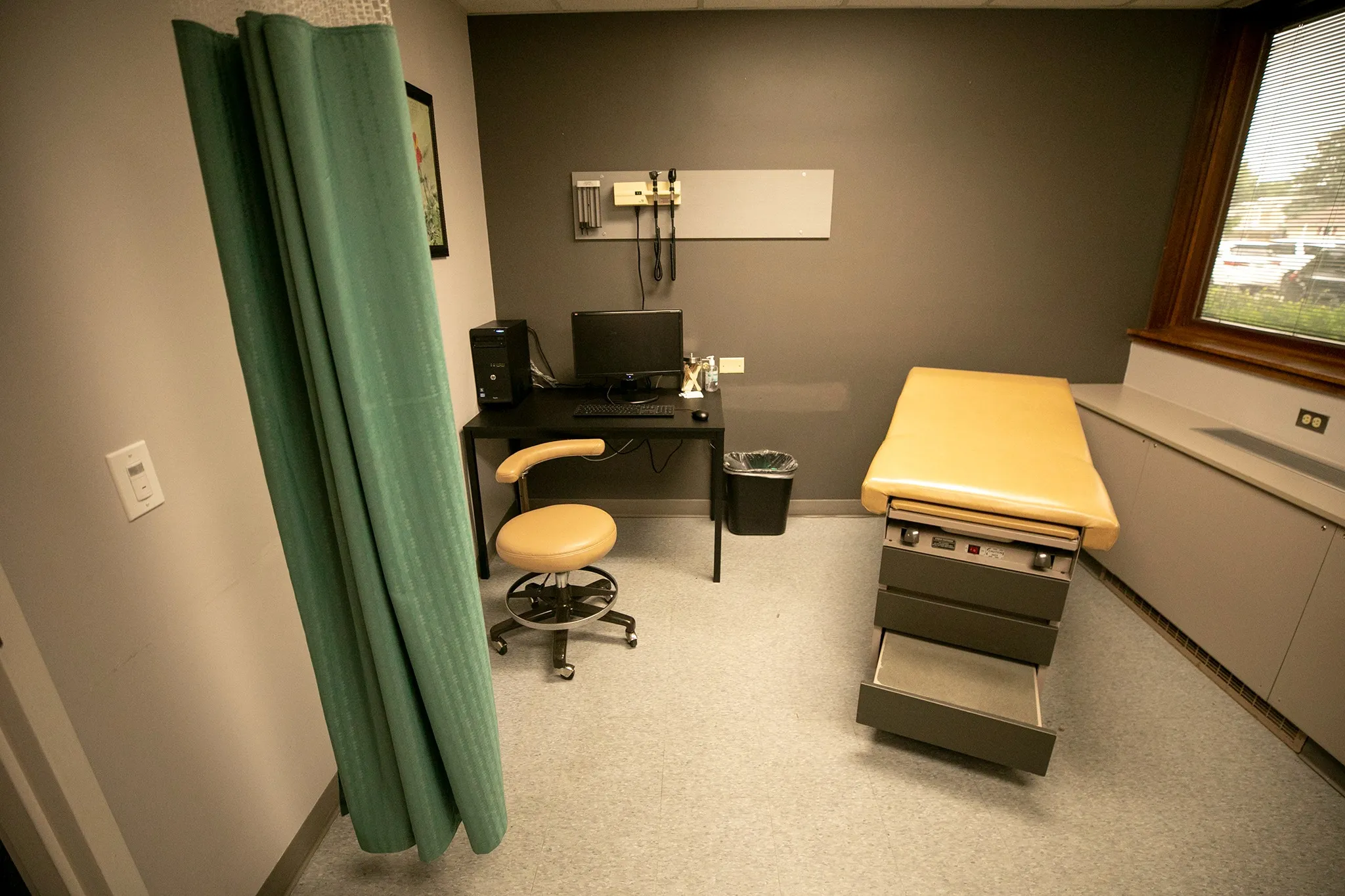Understanding Health Care Worker Shortages in Colorado: Key Insights

Understanding Health Care Worker Shortages
Health care worker shortages threaten the viability of health systems statewide. As identified by recent studies, the demand for trained professionals continues to escalate, yet innovation is lacking in less populated regions. This situation raises critical safety concerns for communities relying on health care services.
Key Statistics
- 1 percent surplus in health care occupations statewide.
- 3.5 percent surplus in the Denver metro area (Denver, Aurora, Lakewood).
- 0.5 percent surplus in rural and less populated areas.
Impact of Shortages
Health care accessibility is directly tied to workforce availability, and shortages pose a significant challenge. Moreover, projections indicate that without immediate interventions, these disparities may worsen, impacting patient care and outcomes.
Next Steps
Communities can look for innovative solutions, partnerships with educational institutions, and robust retention strategies to mitigate these shortages. Investments in workforce development are essential for robust health care delivery systems.
Disclaimer: The information provided on this site is for informational purposes only and is not intended as medical advice. We are not responsible for any actions taken based on the content of this site. Always consult a qualified healthcare provider for medical advice, diagnosis, and treatment. We source our news from reputable sources and provide links to the original articles. We do not endorse or assume responsibility for the accuracy of the information contained in external sources.
This article was prepared using information from open sources in accordance with the principles of Ethical Policy. The editorial team is not responsible for absolute accuracy, as it relies on data from the sources referenced.